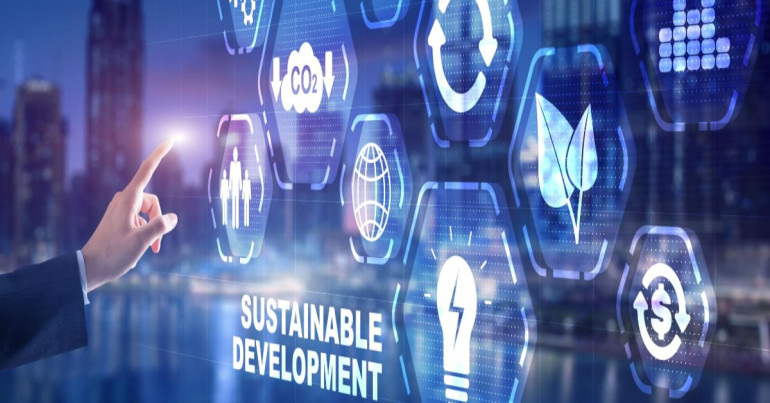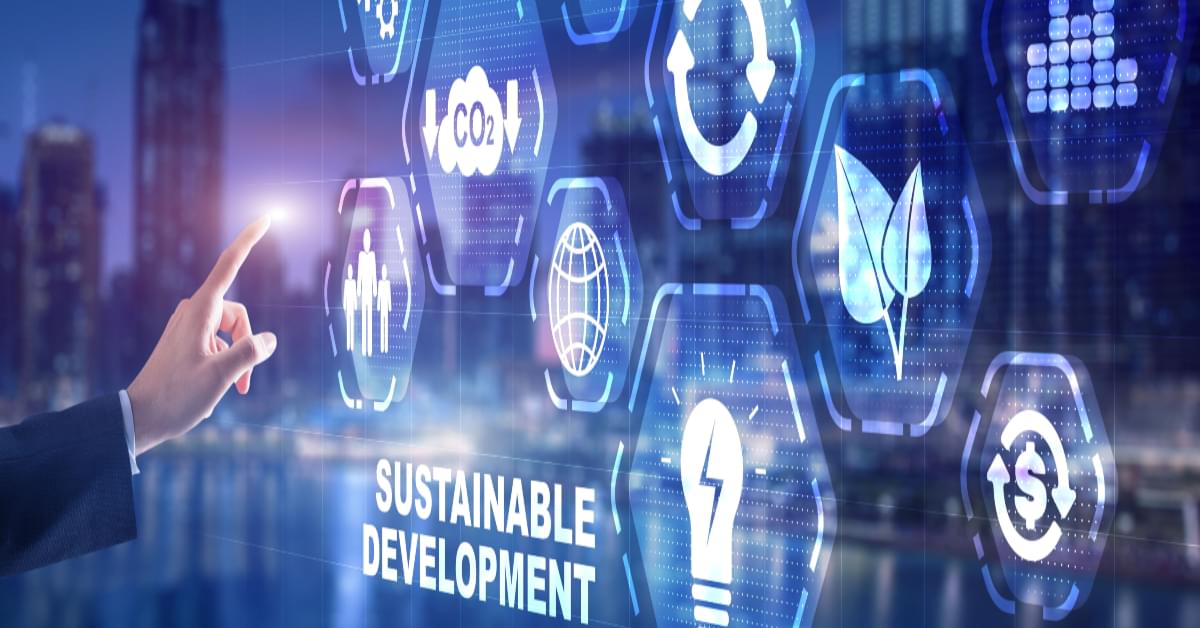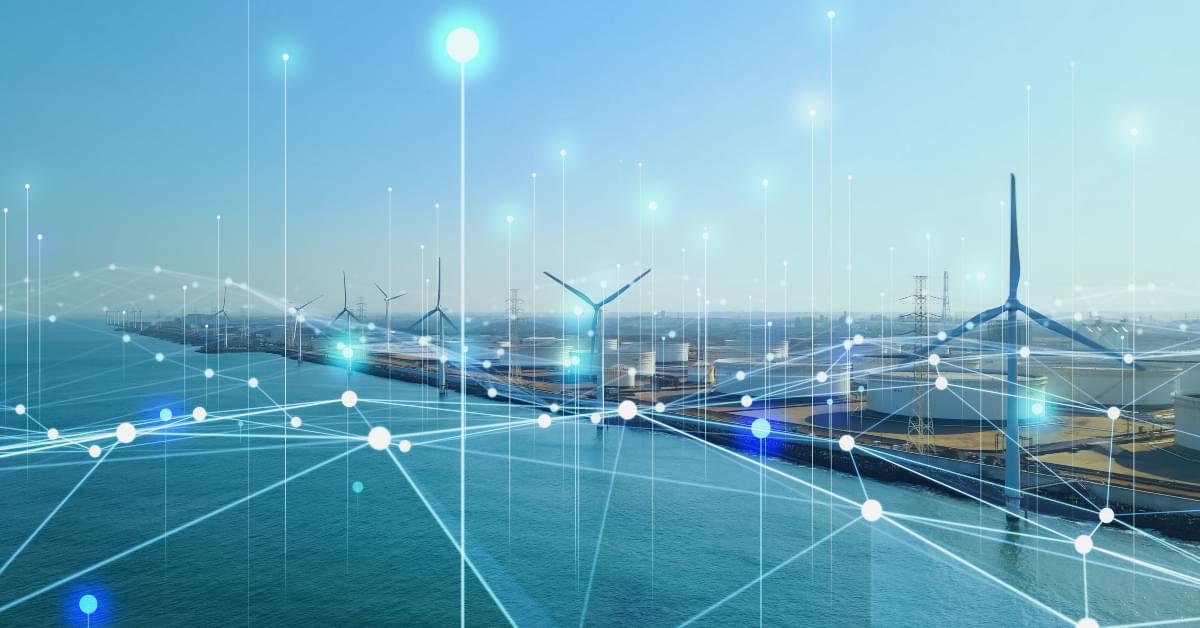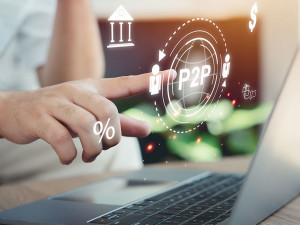
The green economy has become a debated and important topic within the global economy. There has been both interest and speculation around the green economy and what it means for our day to day lives. On a macro level, the green economy looks to incorporate frameworks to create greater prosperity worldwide.
In this article, we will be discussing the green economy, its benefits and challenges as well as how we can individually contribute towards creating a more sustainable planet.

What is the green economy?
The definition of the green economy is still debated but there is now a shared understanding on the concept. At the basic level, the green economy is a concept which increases prosperity while maintaining the natural systems that sustain us.
As awareness regarding the environmental crisis and climate change has increased over recent years, there is a growing argument that there needs to be greater concern for the environment within the global economy. Debates around the green economy is crucial in determining the type of sustainable actions which countries, companies, communities and individuals will take in the future.
The green economy has various benefits but there are also challenges which impact how effective it could be at creating long term change within economies. The importance of the green economy is that it encourages economies to become more sustainable and low-carbon. This ensures that natural assets continue to provide the resources and environmental services for our continued well-being.
The five pillars of the green economy
The five pillars of the green economy provide a tangible framework. Pillars are principles which are based around a human-nature centric model.
It takes a long-term perspective on the economy to focus on the ways in which resources can be used to deliver value to society. Thinking of ways to increase efficiency and sufficiency of resources can foster wealth, resilience and wellbeing for today’s and future global citizens. From investments in wellbeing to sustainable practices, the characteristics of a green economy are inclusive and non-discriminatory.
Wellbeing
Major investments into the energy and environmental sectors would result in the creation of thousands of new jobs. The concentration focused on clean energy and growing wealth all supports the expansion of natural, human, and social capital. As a result, this offers work opportunities for green companies and organisations.
Furthermore, the sectoral activities will create potential for training, sustainable infrastructure and education for all people to prosper.
Justice and good governance
The green economy and its economic and social advantages are supported by results. To get a successful green economy, institutions need to be interdisciplinary through deploying science and economic knowledge across sectors and local industries.
By including the different aspects of communities, a green economy will build a financial system that serves the interests of society. This can be done by promoting local economies, while maintaining common standards and procedures.
Energy-efficiency
Energy access is linked to a global challenge needing to be addressed. It has links in social development and poverty alleviation, climate change and food security. There are a range of organisations such as the United Nations that are heavily invested in creating energy-efficient systems and products.
Low-carbon development
The concept of low carbon development takes a development-first approach which rethinks development planning and proposes structural solutions. This includes alternative infrastructure and geographical planning with lower emissions.
Poverty eradication
With the green economy’s approach towards economic development, lowering the poverty level across the globe would be a key component. This has been the case for smallholder farmers in developing countries. Investment to enable farmers to adopt practices which have a lower environmental impact but are more productive and provides better market access has been effective in countries such as Madagascar. By providing better income opportunities a greener economy can contribute towards poverty reduction.
How does Corporate Social Responsibility tie into the green economy?
Corporate sustainability is defined as the incorporation of long-term and sustainable values into a company’s business strategy and value creation. The sustainability of corporate action is based on the three pillars: Environmental, Social, and Governance.
Corporate Social Responsibility (CSR) allows businesses to enact positive change. It when companies choose to do what’s right not only for their bottom line but also to build customer trust. Brands such as Ikea, Johnson and Johnson and Google have increased their efforts to use sustainable materials for products.
For example, Johnson and Johnson continues to seek out renewable energy options with the goal of having 100% of its energy needs from renewable sources by 2025. Additionally, in 2020, Google issued $5.75 billion in sustainability bonds, leading the way with the largest sustainability or green bond distribution by any company in history.
Consumers feel that when they use a product or service of a socially responsible company, they are making a positive change. The more socially responsible the company, the more supportive their community and consumers can become. Corporate social responsibility helps gain customer trust by caring about issues such as Earth Day and encourages social change.

The benefits of the green economy
Energy efficiency
Energy efficiency reduces the amount of energy needed to deliver services, such as lighting and heating. Lowering the cost of energy services frees up resources for households, businesses and governments. It also enables greater resources to be invested into cheaper and greener energy. For example, using solar panels is a great way to produce green energy whilst having a positive impact on the environment.
Reduction of waste
Reduction of waste is something which is relatively straightforward but also essential. Waste reduction can happen through businesses buying products in bulk where applicable. Additionally, individuals can use reusable bags and containers to help to reduce waste. Increasing the levels of recycling materials such as plastics and paper can ultimately help to decrease production waste and lower pollution.
Sustainability
Sustainability is an area which a greater number of businesses are investing in. Sustainable development can increase GDP and simultaneously preserve and protect nature. Sustainable goods enable greater utility of an item and also consumers can positively contribute towards the environment by supporting an environmentally friendly brand.
The challenges to the green economy
Global warming
A significant area of focus within the green economy is global warming and the impact it's having on the planet. Global warming has been a difficult issue to tackle over recent years. Charitable organisations such as WWF have suggested ideas and strategies to lower carbon emissions in the UK.
In 2015, there was a signed Paris agreement with the ultimate goal of cutting the greenhouse gas emissions to 1.5 degrees. According to the World Meteorological Organization, there is a 50/50 possibility that the temperature of the globe could reach the 1.5 degree threshold within the next 5 years.
CO2 emissions
Global energy-related carbon dioxide emissions rose by 6% in 2021 to 36.3 billion tonnes. According to IEA analysis, this is the highest level ever. This was the result of the world economy rebounding from Covid-19 and relying heavily on coal to power that growth.
Although the long-term rise in CO2 concentrations comes from human-induced activities, nature also influences the rate of rise. This is due to variations in the strength of natural carbon sinks such as vegetation and the oceans.
Carbon footprint
Carbon footprint corresponds to the whole amount of greenhouse gases. This is influenced by the lifestyle and activities which they do each day. It's important to gain an understanding of the impact a person’s behaviour has on global warming. For someone who wants to contribute towards lowering the effects of global warming, on an individual scale, they should consider keeping track of their personal carbon footprint.
In order to lower your personal carbon footprint, this usually requires lifestyle changes for a person’s weekly routine. For example, deciding to cycle to work instead of driving or taking public transportation. Furthermore, choosing to eat more plant based foods and less animal products can also help to lower greenhouse gas emissions. This is due to current farming methods and raising livestock animals for food which produces methane.
What are the finance and sustainability options for the green economy?
Sustainable finance refers to the process of taking environmental, social and governance (ESG) considerations into account when making investment decisions. As a result, this leads to more long-term investments in sustainable economic activities and projects.
Green Finance, is a term that combines different terms like investments, debts, loans and bonds under a single umbrella. It combines the world of finance with the environment. Public and private investments in green finance are put forward for the installation of solar energy panels and hydropower plants. Loans can be extended to promote massive installation of solar panels and for the development of wind energy plants.
For companies who are investing into the green economy, finding ways to purchase equipment, pay suppliers or invest in new technologies is key. Using an FX company such as CurrencyTransfer can enable you to make international business transactions in a convenient and cost-effective way. Our dedicated relationship managers can provide expert advice and support during the payment process. Feel free to contact us if you have any questions as we are always happy to assist.
Final words
The green economy has garnered greater attention and effective action from governments over recent years. There are some complexities around the green economy and the necessary measures to be put in place. Effectively, this would mean changing the way we work, socialise and effectively live within society.
Nonetheless, there has been a greater effort to create sustainable change to lower carbon emissions and global warming. Ultimately, the green economy is working towards creating a global economy focused on greater wellbeing and safeguarding the environment.
Omari Coates
Copywriter



